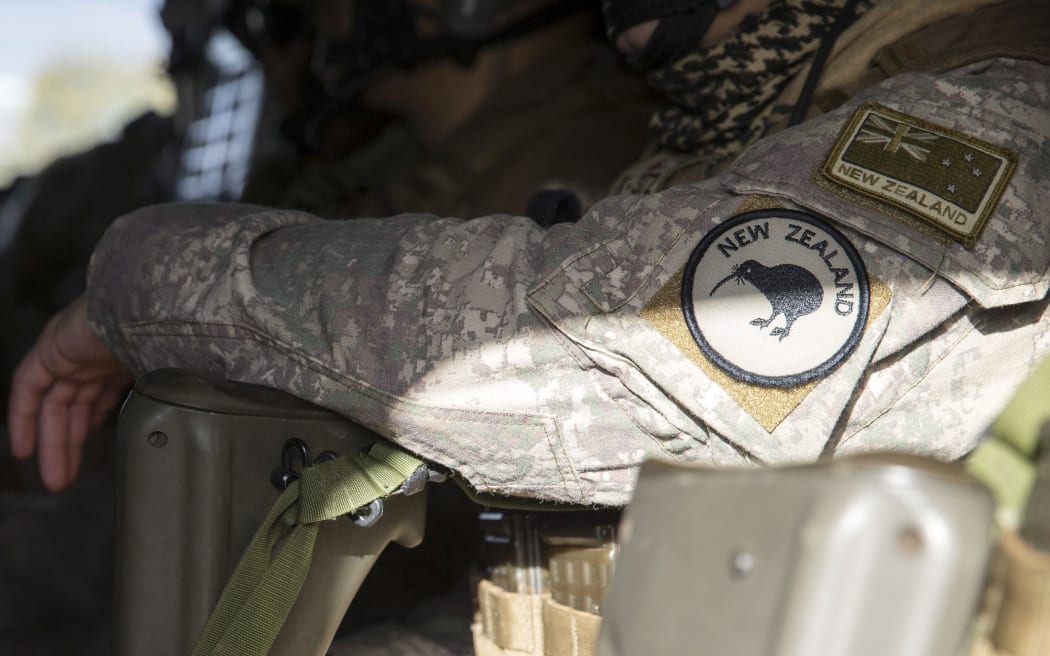Operation Burnham: Defence Force failed to share info crucial to investigation

The New Zealand Defence Force failed to share with Chief Ombudsman Peter Boshier crucial information he needed to properly investigate complaints about Operation Burnham, he has found.
Boshier first investigated the case in 2018, following complaints from a number of people about a refusal to release material under the Official Information Act (OIA) on the 2010 operation in Afghanistan.
His new investigation, which he initiated himself, found the failure to share information had a major impact on his ability to fully investigate the earlier complaints, and undermined the fundamental purposes of the OIA.
“While there was no evidence that the NZDF deliberately misled me, I believe a combination of circumstances including its very poor record-keeping and inadequate processes meant I simply didn’t have all the facts,” Boshier said.
That information gap undermined his initial investigation, and meant the NZDF avoided being accountable, he said.
The initial 2018 complaints related to a refusal to release certain information about Operation Burnham, such as the rules of engagement, its location, post-activity reports, video footage and photographs, information relied on to explain whether there were civilian casualties, and the identity of insurgents killed.
At the time, the NZDF argued releasing the information would seriously harm New Zealand’s international relations. Boshier’s 2018 investigation concluded the information was appropriately withheld.
However, a large amount of information was declassified and publicly released during the government’s inquiry into Operation Burnham which reported back in 2020.
The release of this information led Boshier to initiate a new investigation.
He confirmed its release meant he was not given all the information relevant to the 2018 OIA requests.
“It transpired that despite exhaustive efforts to locate all relevant documents, I didn’t receive everything I should have. Relevant material held elsewhere within Defence should have been provided,” Boshier said.
“My investigation found that the Defence Force staff who were tasked with finding that information didn’t even know it existed and so didn’t ask for it. Incredibly, there were no formal ways of checking this.”

There were no recommendations, as he was satisfied the NZDF was improving its information management systems and practices.
In a statement, a NZDF spokesperson said it acknowledged the release of the case note and the chief ombudsman’s findings.
“As the ombudsman has concluded, despite exhaustive efforts to locate all relevant documents, the NZDF acknowledges that its poor record-keeping processes at the time were such that staff were unable to locate all relevant documents,” the spokesperson said.
“This was revealed during the extensive and intensive 2-year Operation Burnham Inquiry, and the NZDF has put in place a programme to enact the improvements recommended in the 2020 report of the Inquiry.”
Boshier has requested a further update in six months on progress the NZDF has made to give effect to recommendations an Expert Review Group made in 2021 (a response to the Operation Burnham inquiry), and that NZDF give consideration to using the ombudsman’s OIA self-assessment tool.
According to the news on Radio New Zealand




